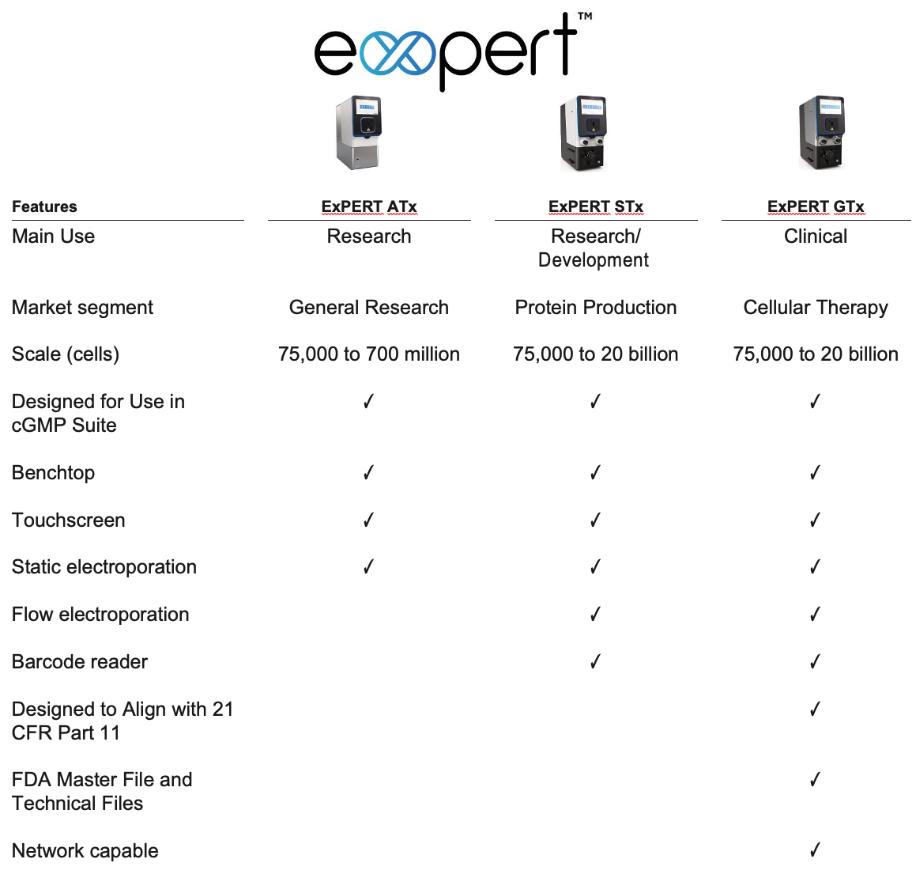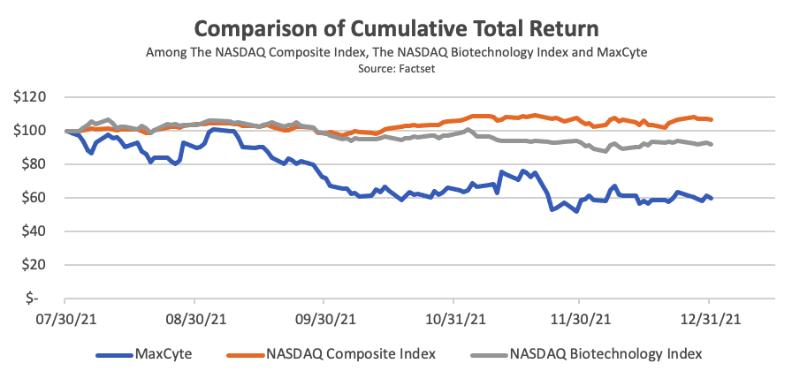All of these evolving compliance and operational requirements may require us to modify our data processing practices and policies, which in turn could distract management or divert resources from other initiatives and projects and may interrupt or delay our development activities. Any failure or perceived failure by us to comply with any applicable laws and regulations relating to data privacy and security could result in damage to our reputation, as well as proceedings or litigation by governmental agencies or other third parties, including class action privacy litigation in certain jurisdictions, which would subject us to significant fines, sanctions, awards, penalties or judgments, all of which could have a material adverse effect on our business, financial condition, results of operations, and prospects.
We are subject to U.S. and certain foreign anti-corruption and anti-money laundering laws and regulations. We can face criminal liability and other serious consequences for violations, which can harm our business.
We are subject to anti-corruption and anti-money laundering laws and regulations, including Foreign Corrupt Practices Act, or the FCPA, the U.S. domestic bribery statute contained in 18 U.S.C.§ 201, the U.S. Travel Act, the USA PATRIOT Act, and other state and national anti-bribery and anti-money laundering laws in the countries in which we conduct or may in the future conduct activities. Anti-corruption laws are interpreted broadly and prohibit companies and their employees, agents, contractors and other third-party collaborators from authorizing, promising, offering, providing, soliciting or receiving, directly or indirectly, improper payments or anything else of value to or from persons in the public or private sector. The FCPA also requires public companies to make and keep books and records that accurately and fairly reflect the transactions of the corporation and to devise and maintain an adequate system of internal accounting controls.
In addition to selling our products internationally directly through our sales teams, we currently engage third parties outside of the United States and may engage additional third parties outside of the United States, to sell our products internationally and to obtain necessary permits, licenses, patent registrations and other regulatory approvals. We have direct or indirect interactions with officials and employees of government agencies or government-affiliated hospitals, universities and other organizations. We can be held liable for the corrupt or other illegal activities of our employees, agents, contractors and other third-party collaborators, even if we do not explicitly authorize or have actual knowledge of such activities. Any violations of the laws and regulations described above may result in substantial civil and criminal fines and penalties, imprisonment, the loss of export or import privileges, debarment, tax reassessments, breach of contract and fraud litigation, reputational harm, and other consequences.
Our customers who use our platform and we, if we develop a product, may be exposed to broadly applicable U.S. federal and state healthcare laws and regulations, including those relating to kickbacks and false claims, transparency, and health information privacy and security law. Failure to comply with such laws and regulations may result in substantial penalties.
Our customers who use our platform and we, if we develop a product, may be subject to broadly applicable healthcare laws and regulations that may constrain the business or financial arrangements and relationships through which we research, market, sell, and distribute our products. Such laws include federal and state anti-kickback laws, false claims laws, transparency laws, and health information privacy and security laws.
Violations of such laws may result in substantial criminal, civil and administrative penalties, including imprisonment, exclusion from participation in federal healthcare programs, such as Medicare and Medicaid, and significant fines, monetary penalties, forfeiture, disgorgement and damages, contractual damages, reputational harm, administrative burdens, diminished profits and future earnings and the curtailment or restructuring of operations.
Additionally, in the United States and some foreign jurisdictions there have been, and continue to be, several legislative and regulatory changes and proposed reforms of the healthcare system in an effort to contain costs, improve quality, and expand access to care, including the proposed modification to some of the aforementioned laws. In the United States, there have been and continue to be a number of healthcare-related legislative initiatives that have significantly affected the healthcare industry. These reform initiatives may, among other things, result in modifications to the aforementioned laws and/or the implementation of new laws affecting the healthcare industry. Similarly, a significant trend in the healthcare industry is cost containment. Third-party payors have attempted to control costs by limiting

































